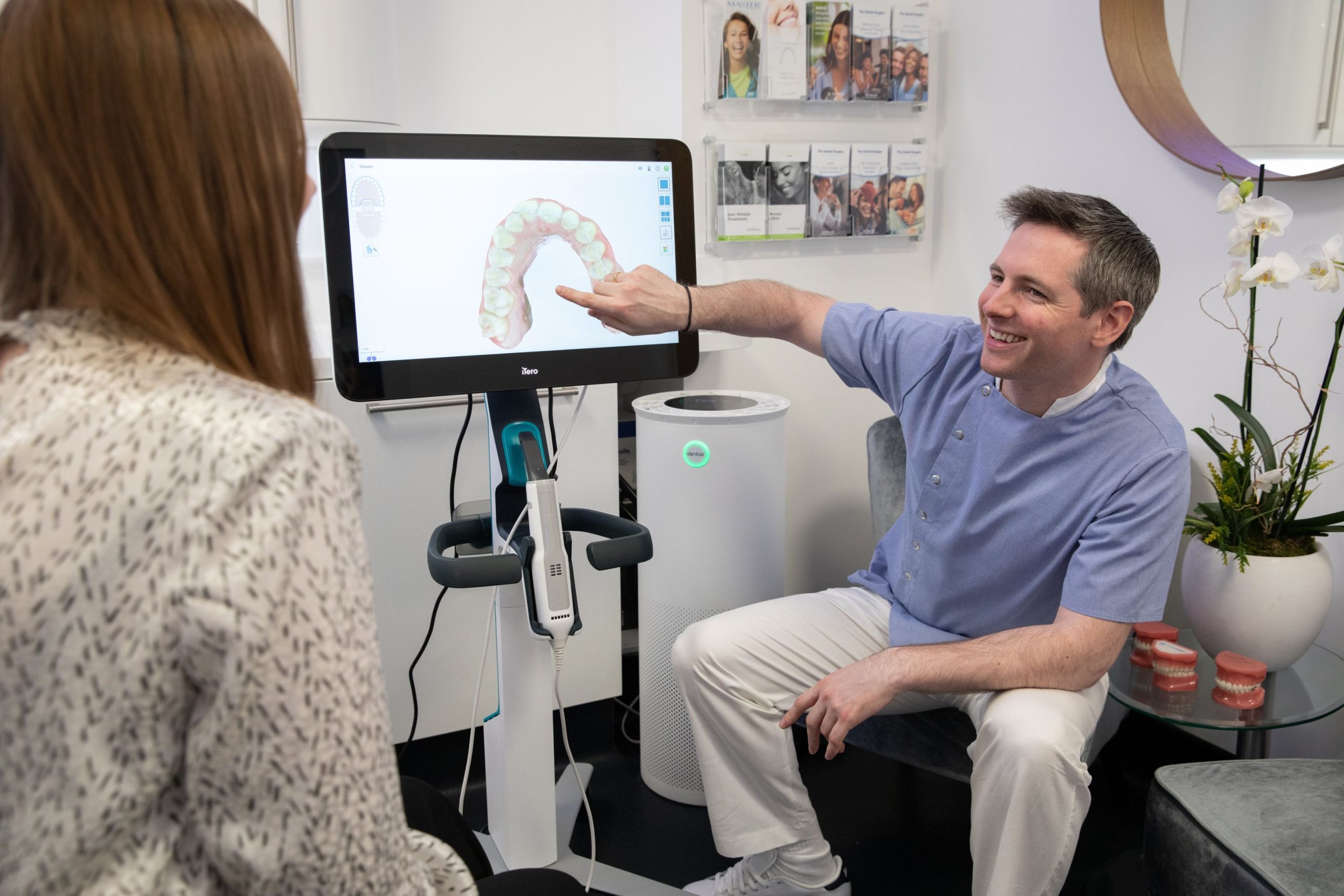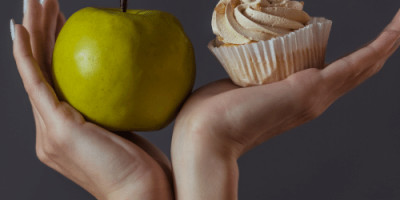-
Categorised as:
- Dental Hygiene
- General Dentistry
- Periodontics
- Teeth Whitening
Laid Up With The Lurgy? What Happens To Your Teeth When You Get Ill
With winter coming, bugs and viruses are starting to show up.
If you’ve succumbed to cold and flu symptoms or the dreaded sickness, spare a thought for your poor teeth! From toothache to yellowing and acid attacks, the effects of illness can linger on your smile long after the rest of you is fighting fit once again. Here are the common things that happen to our teeth when we’re under the weather.
1. Dehydration
Vomiting and medication such as decongestants not only dehydrate the body but the mouth, too – and dry mouth is not good news for teeth. If you’re low on saliva, you’re low on the magic ingredient that keeps teeth clean and pH-neutral, so follow your doctor’s advice and get those fluids in. But before you stock up on your honey and lemon, your Lucozade, lemonade and orange juice – stop right there! They’re the worst things you can inflict on your teeth because they’re so high in acid and sugar. Sip water frequently instead – or, if you must have that comforting drink, sip it through a paper straw, or follow with a water ‘chaser’ to get those sticky ingredients away from your enamel.
2. Vomiting
Vomiting brings your teeth into frequent contact with stomach acid – which is roughly as powerful as battery acid! So it’s no surprise that being sick can cause your tooth enamel to erode, which in turn makes teeth brittle, hypersensitive and vulnerable to decay. But here’s the problem – the first thing you’ll want to do after vomiting is brush your teeth. Don’t! Brushing straight away means you’re simply rubbing that ‘battery acid’ all round your mouth. Instead, rinse your mouth with water, or with a non-alcoholic fluoride mouth rinse such as FluoriGard . Wait 30 minutes, then brush as normal.
3. Sinus pressure
Heavy colds, flu viruses and sinus infections can all cause toothache, which you may first notice while you’re moving about. You can relieve the pressure by wrapping a warm, wet towel around your nose, cheeks and eyes. However, if the toothache persists beyond your illness, consult your dentist to check it’s not something more serious.
4. Medication
Syrupy, sugary medicines and pastilles dominate the cold and flu shelves at the pharmacy – but they’re really, really bad for your teeth! Seek out sugar-free versions if you can; drink only water; and keep rinsing your mouth to keep gingivitis (inflamed or bleeding gums) and bad breath under control. A mouthwash containing chlorhexidine (such as Curasept or Corsodyl) helps cleanse bacteria and accelerate the healing of wounds in the mouth, too.
5. Lack energy
When all you want to do is crawl under the duvet and stay there, brushing and flossing often fall by the wayside. But this is the worst time to neglect your oral hygiene – it’s your first line of defence against the effects of dehydration, vomiting and medication, all of which make your smile vulnerable to cavities and gum problems. Conserve your energy by all means – but rally for just two minutes each morning and evening to get your teeth-cleaning in. You’ll feel better for it, we promise.
6. Discoloured teeth
If you make it to the mirror in the morning when you’re ill, you may notice your teeth look different – yellower, or mottled. That can be down to the effects of dehydration, sugary medicines that sit on your teeth overnight, or neglecting your brushing while you’re ill. Keep drinking water to stay hydrated, and brush your teeth before bed and after taking medicine – and remember: spit, don’t rinse, to get the benefits of the fluoride in your toothpaste.
Of course, if you already have a great oral hygiene routine that uses the right products and the most up-to-date techniques, you’ll be in a stronger position to tackle your teeth during illness!
Do you have a specific question?
If you would like further information about dental implants or find out if this is a suitable treatment option for you, please contact us.



